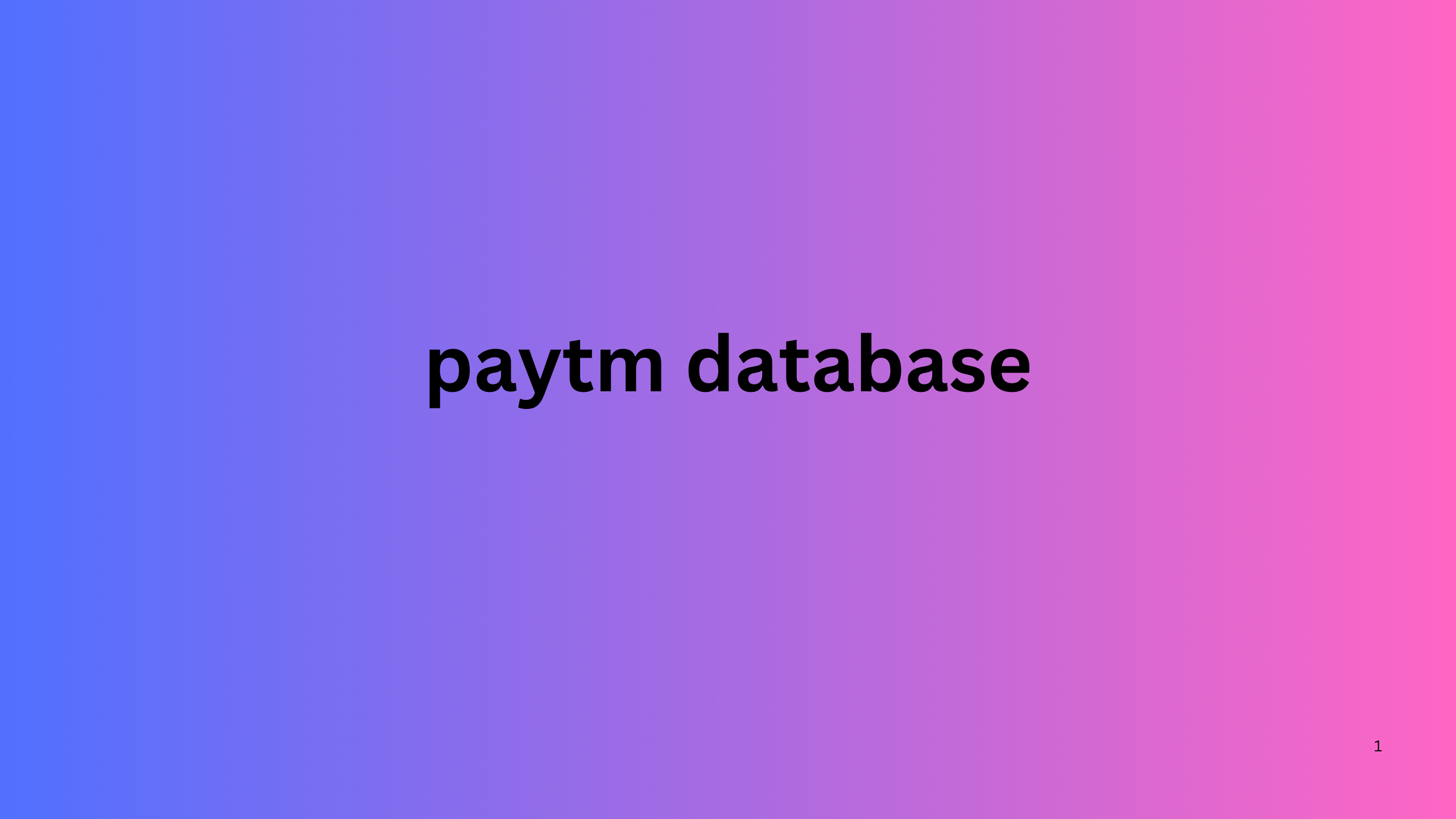Social media marketing has become a cornerstone of modern business strategies. With billions of users across platforms like Facebook, Instagram, LinkedIn, and Twitter, the potential to connect with your audience is immense. However, to maximize your success, you need precise targeting and actionable insights. Special databases can help you achieve this by organizing customer data to guide your social media campaigns.
This article explores how to effectively use special databases to elevate your social media marketing efforts, ensuring more engagement, conversions, and overall success.
What Are Special Databases?
1. Understanding Special Databases
Special databases are tailored collections of data focused on specific marketing goals. These databases may include:
- Customer demographics (age, location, interests).
- Behavioral data (past purchases, online activity).
- Social media engagement metrics (likes, shares, comments).
Unlike general datasets, special databases are designed to meet the unique needs of your campaigns, enabling precise targeting and improved results.
2. Why Are They Important for Social Media Marketing?
Social media marketing thrives on relevance. Special databases allow you to understand your audience better, craft targeted campaigns paytm database, and measure success. They are particularly valuable for segmenting your audience and personalizing content to improve engagement.
Using Special Databases to Improve Social Media Marketing
1. Audience Segmentation for Better Targeting
Special databases help you divide your audience into smaller segments based on shared characteristics like:
- Age, gender, and location.
- Interests and hobbies.
- Purchase history or online activity.
Example: A fashion retailer can use a database to create separate campaigns for men and women, ensuring each audience receives content tailored to their preferences.
This segmentation enables you to deliver relevant messages to the right people, increasing the likelihood of engagement and conversions.
2. Crafting Personalized Content
One-size-fits-all content rarely performs well on social media. Special databases provide insights that allow you to personalize:
- Ads tailored to individual interests.
- Posts that reflect audience-specific values or needs.
- Product recommendations based on browsing history.
Example: A travel agency can use a database to promote exotic destinations to adventure-seekers while showcasing family-friendly packages to parents.
Personalized content resonates more with your audience why you should consider buying email databases for better marketing results, driving higher engagement and brand loyalty.
3. Optimizing Ad Campaigns
Paid advertising is a powerful tool on platforms like Facebook Ads, Instagram Ads, and LinkedIn Ads. Special databases improve ad performance by:
- Helping define precise audience targeting.
- Suggesting optimal times for ad delivery based on engagement patterns.
- Tracking the success of specific demographics.
Example: An online fitness program can use database insights to target ads at users who have previously shown interest in workout gear, ensuring higher conversion rates.
By refining your ad campaigns, you can maximize while minimizing costs.
4. Monitoring and Adjusting Campaign Performance
Special databases are not static—they are dynamic tools that provide real-time data on your campaign’s performance. Use this data to:
- Track engagement metrics like clicks, shares, and comments.
- Identify trends or shifts in audience behavior.
- Make timely adjustments to improve campaign results.
Example: If a post isn’t performing well on Instagram, a database might reveal that your target audience is more active on Facebook, prompting you to adjust your platform focus.
This adaptability ensures your social media marketing stays effective and relevant.
Benefits of Using Special Databases in Social Media Marketing
1. Increased Engagement
By understanding your audience, you can create content that resonates social media marketing, driving more likes, shares, and comments.
2. Higher Conversion Rates
Targeting the right audience with the right message increases the likelihood of turning followers into customers.
3. Better
Efficient use of data reduces wasted effort, ensuring your resources are focused on strategies that deliver results.
4. Scalable Strategies
As your audience grows, special databases can scale with your needs social media marketing agb directory, supporting more sophisticated campaigns.
Best Practices for Using Special Databases
1. Keep Your Data Updated
Ensure your database reflects the latest customer information to maintain accuracy and relevance.
2. Respect Privacy Regulations
Comply with data privacy laws like GDPR and CCPA to build trust and avoid legal issues.
3. Leverage Analytics Tools
Integrate your database with analytics platforms to uncover deeper insights and trends.
4. Test and Refine
Use A/B testing and continuous analysis to refine your social media strategies for optimal performance.


